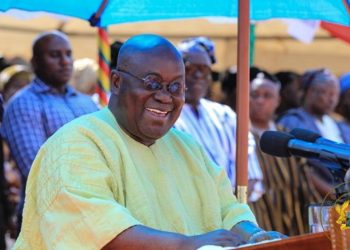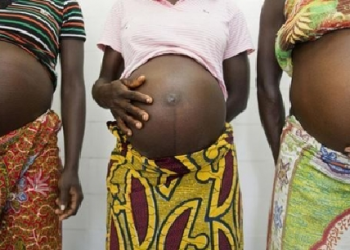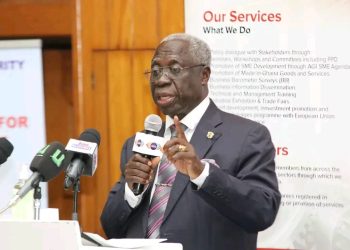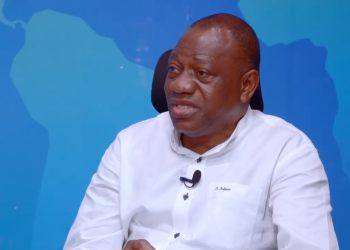The government is not building factories just yet as part of its campaign promise to set up a factory in each district of the country.
It is rather providing various forms of support for the private sector including subsidized bank credit for the establishment of the factories.
A Deputy Minister for Trade and Industry, Robert Ahomka Lindsay said this on Point of View on Citi TV on Wednesday.
According to him, the government also does not have shares in any of the factories that have so far been set up.
He told the host of Point of View, Bernard Avle that the government is creating the right environment for the private sector to lead the project.
“None of these companies is fully owned by the government. They are owned by the private sector. In fact, the President was very clear that it was going to be led by the private sector. Early on, in the journey, a number of people thought that the government was going to build these factories and create more [white] elephants. Government is not very good at managing businesses. It is led by the private sector and government facilities. We are not going to manage the projects as GoG; No!” he said.
He added that “the first thing government did, was to sit with the private sector, PERF, AGI Chamber [and tell them] please come and let’s talk about what is possible. We helped to get that message through and created district implementation support team[s]. No factory is going to be built at Jubilee House, the President is not going to give you building permit neither is he going to give you a fire certificate. If it has to be done, it has to be at the district level. The team on the ground focused and checked that they support this business.”
Operational factories
The Deputy Minister said 45 factories were currently fully functional, out of which less than 10 were built from the scratch.
He explained that the others were already established factories but were either financially distressed or non-operational due to other challenges.
He said 129 factories would soon be set up from the scratch.
Mr. Ahomka Linday said plans for the setting up of other factories were at various stages of execution.
“Right now, we have to provide the impetus for industries to do the job. Three other interventions have been introduced by government. One of the most difficult aspects of business is the cost of capital. It is very expensive. There are wonderful things we have done in the reduction of the interest rate…So one of the key intervention government has done, is to subsidize the interest rate for these businesses so that they end up paying just 10 percent of interest rate to the bank. This is a direct intervention to support them and not us running the business.”
Job creation
The Deputy Minister projected that about 240,000 direct jobs will be created after 181 factories are operational.











